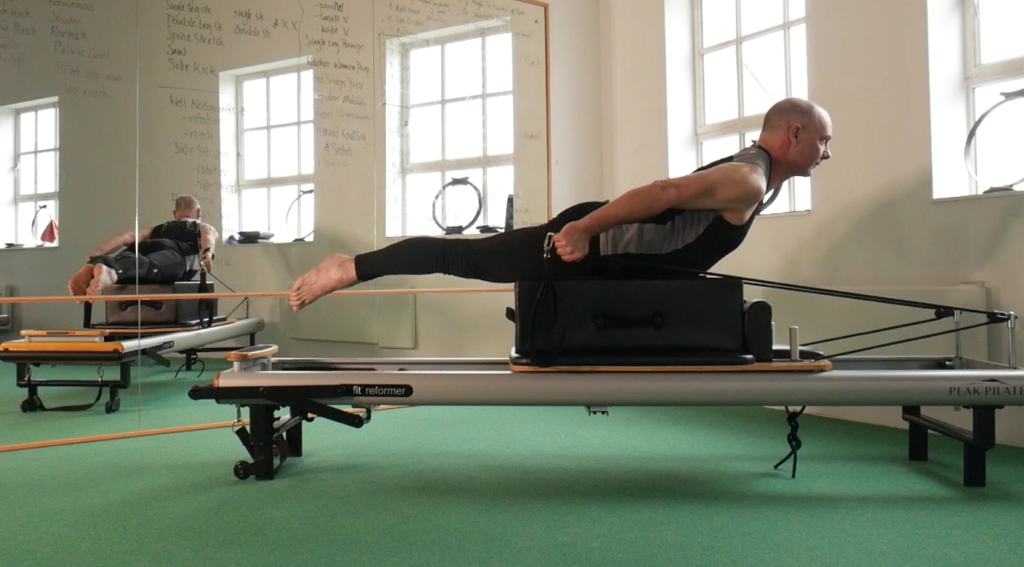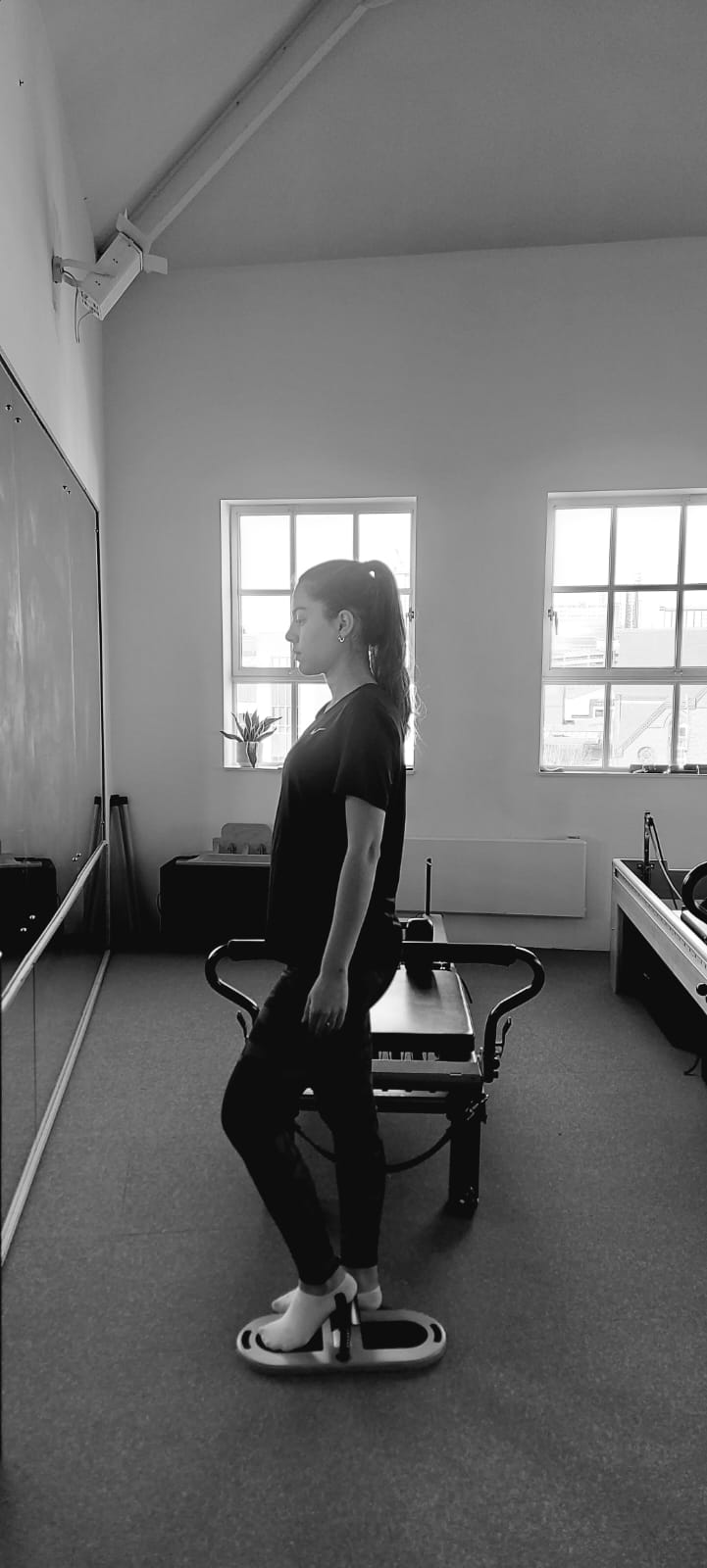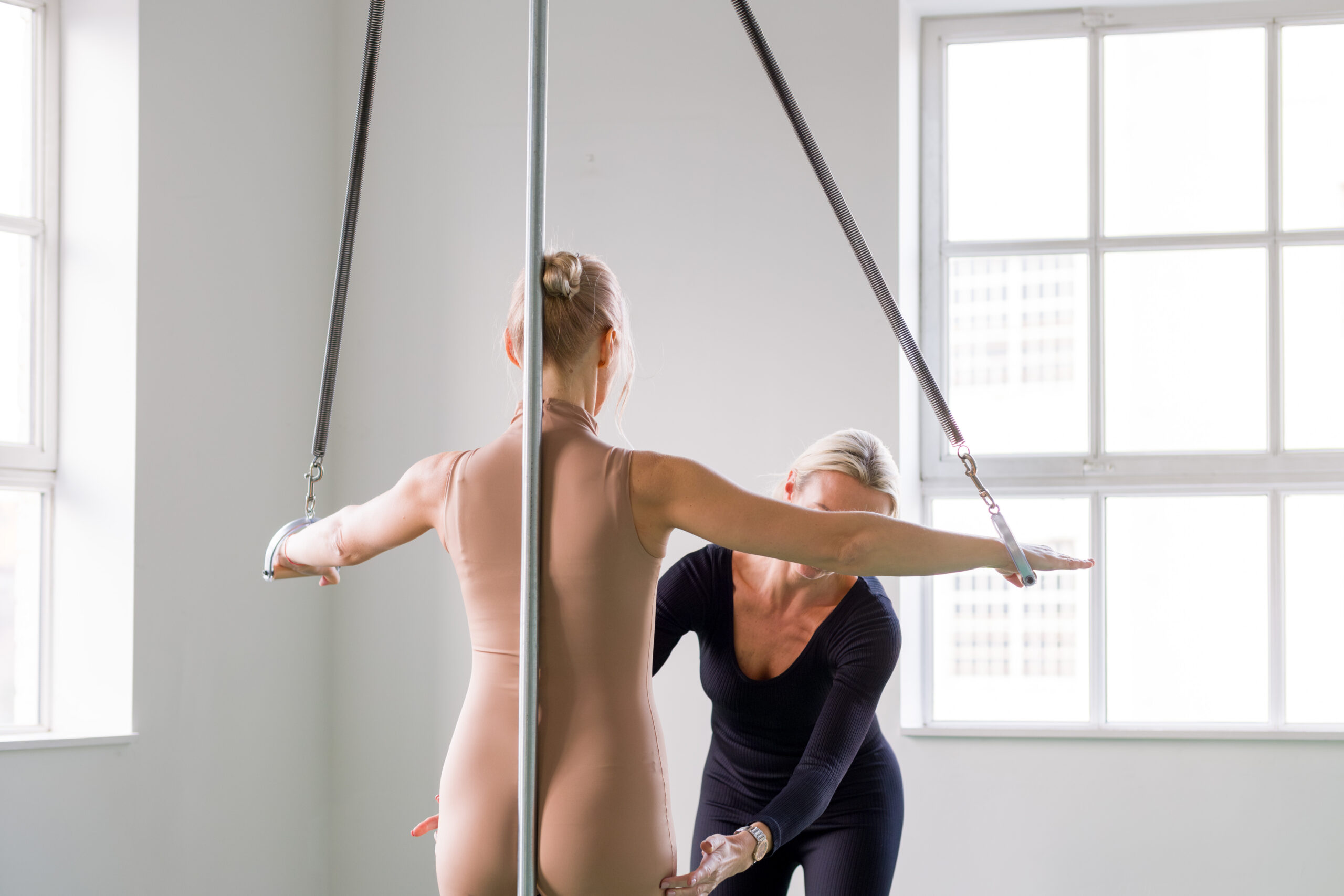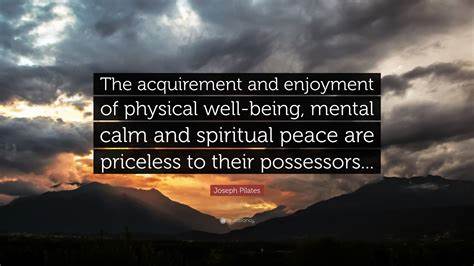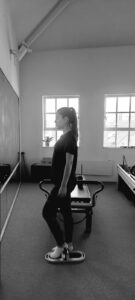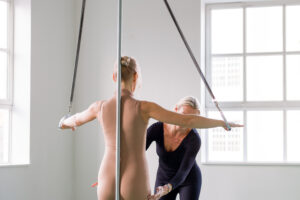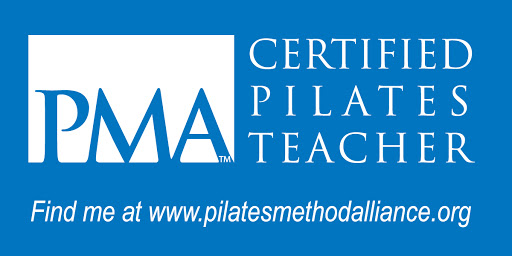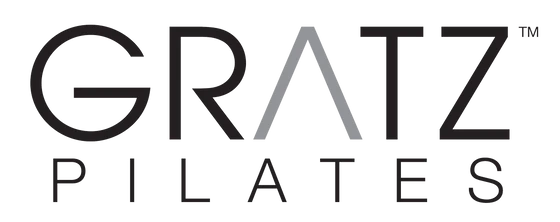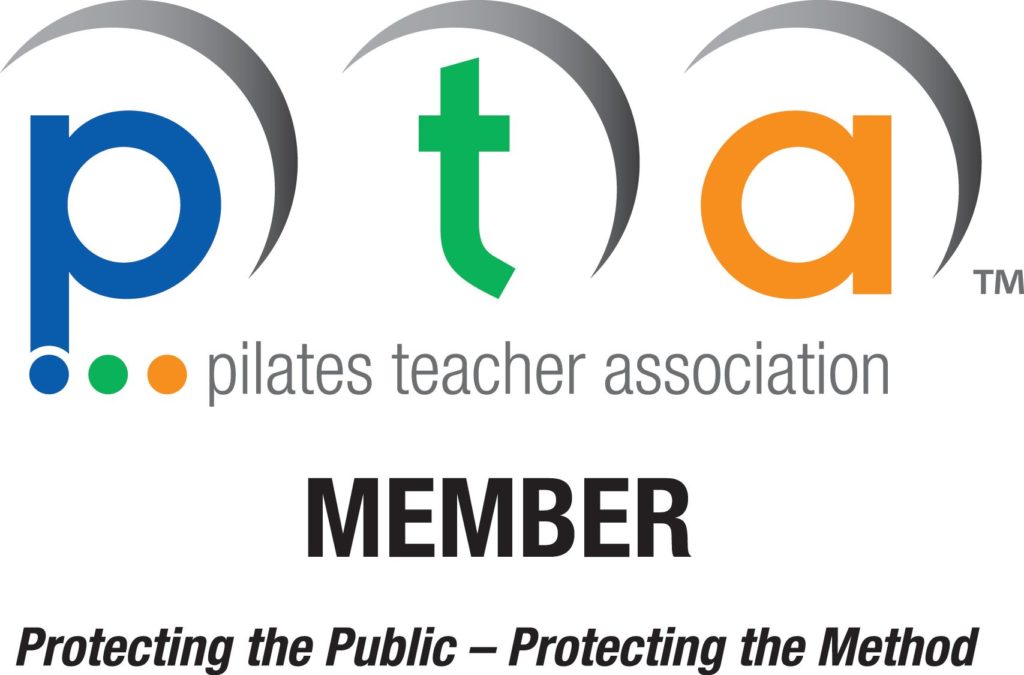What to expect from Pilates (with some teachers)
That little caveat is important
You can know all the exercises in Pilates on all the apparatus, but still not know Pilates. It's a concept.
Eve Gentry
Those two little words are very important… and that is because not all Pilates is taught equal.
There is Pilates that’s more like physiotherapy or even personal training. This form of Pilates is sometimes called “Contemporary or Physio-led Pilates”. You become dependent on the teacher for everything. There is a great attention to detail at all levels. Generally is taught only on Mat or Reformer.
The other type of Pilates is taught much more like Joseph Pilates intended: as a System, as a Method. Joseph Pilates himself would recognise the exercises and how they are put together into a continuous flowing movement. Independent practice is a part of the Method – you become empowered. In order to learn this system, you need most of the large studio apparatus: dedicated Pilates Mat, Refromer, Barrels, Wunda/ High Chair, Cadillac/Tower, Baby/Arm Chair and so on…
My own initial training was “contemporary”, but as I studied with teachers closer to “The Source”, that is, had been taught by teachers that had been directly taught by Joseph Pilates himself, I realised that I was being held back and missing out on a whole world of possibilities.
Secondly there were ethical problems as well. From the Pilates Method Alliance Certification (PMA – now National Pilates Certification Programme) booklet”
Scope of Practice:
The following is beyond the scope of practice of a Pilates teacher:
#5. Claiming to “treat” or “rehabilitate” injury or disease”
Code of Ethics:
#2. Teach within the Scope of Practice”
Those two little extracts from the Scope of Practice and Code of Ethics totally changed my teaching for the better!
What to expect when you go into a Pilates studio and begin Pilates...
There are no screens nor sounds other than muted background music and the encouraging voice of the instructor and springs working as you and maybe others work.
You’ll see a range of different apparatus in the studio such as Reformers, box-like looking Wunda Chairs. and you’ll most likely start learning Reformer and Mat. You’ll be given some extra exercises just for you to address your own personal needs.
You’ll never be given heavy weights to lift. Repetitions are few and there is no straining to near failure. In Contrology Pilates, this is considered malpractice: “anti-contrology”.
In fact sometimes you’ll be told that you can only do a particular exercise three times: this is to help you fully concentrate on what you’re doing.
At the start of your workout, you’ll be lying down. There’s an order to the exercises. Nothing is random – there’s a system and a method.
Quickly you’ll discover that “Basic” doesn’t mean easy. Instead these “Basic” exercises evolve into more complex movements.
There is no “coddling” – it’s work and it’s supposed to be tough to do.
You’ll be encouraged to memorise the exercises. This helps you work through them more efficiently leaving more time for learning new exercises and evolutions. Think of the Basic Exercises as Multiplication Tables that you learned at school. We started with the Basic Numbers (2 times table) before moving onto more complex numbers.
You’ll be asked to remain precise in your movements AND increase the speed of the exercises themselves. This helps to concentrate your mind on what you’re doing so that you simultaneously focus on Precision and Flow.
As you get stronger, more mobile and more in control, you’ll be encouraged to reduce the number of movements between exercises to a minimum until each exercise seamlessly flows into the next as if they were the same exercise.

